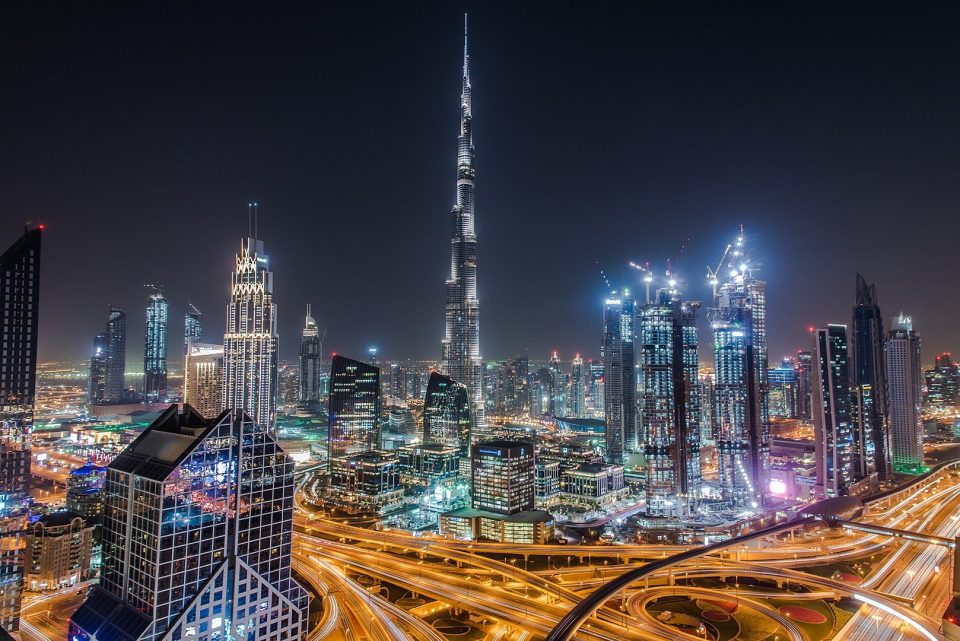
In recent years, a new trend has emerged among the ultra-rich: creating a separate world and communities for themselves. Cities like Miami, Dubai, and Singapore have become key locations for this movement, where billionaires and millionaires are creating exclusive hubs.
According to a Bloomberg podcast, this trend gained momentum during the COVID-19 pandemic when wealthy individuals started fleeing major cities like San Francisco to build new financial centers in smaller, more desirable locations.
The idea is simple: relocate to cities with low taxes, limited regulation, and a high standard of living. Miami, for instance, became a hotspot for tech companies and investors, such as Citadel, who moved their operations to take advantage of these conditions. These wealthy elites are essentially crafting new cities from scratch, raising concerns about growing inequality.
A world of loopholes and free zones
Many of these cities offer special “free zones,” areas where businesses are given unique tax breaks and fewer regulations. This concept isn’t new. Dubai and Singapore have long attracted international companies by making it easy for them to avoid heavy taxes and strict regulations.
The Bloomberg podcast highlighted how these zones allow the ultra-rich to stash their wealth, often in the form of luxury goods like gold, cars, and paintings in storage facilities like Geneva’s Freeport.
This Freeport, a highly secure warehouse in Switzerland, has become a hub for storing billions of dollars worth of art, wine, and other valuables. The goods are stored tax-free, hidden from government scrutiny. What began as a simple grain storage facility has evolved into a place where the rich can indefinitely keep their wealth, bypassing taxes and other financial obligations.
Cities compete to become wealth hubs
Many cities around the world are now competing to attract the ultra-rich by copying the success of cities like Dubai and Singapore.
Cities like Malta and Abu Dhabi, for instance, are positioning themselves as financial hubs, aiming to lure wealthy individuals and corporations with favorable tax laws and relaxed regulations. However, as the Bloomberg podcast pointed out, not all cities can successfully replicate this model.
There are limits to how many places can serve as offshore wealth centers. While some countries see economic benefits from attracting rich investors, this raises ethical questions about fairness and equality. Critics argue that as more wealth is concentrated in these offshore hubs, regular citizens lose out on important services funded by taxes.
For the average person, this is out of reach. The wealthy get to live by their own set of rules, forming an almost parallel society. For many, this raises questions about fairness and the impact of such systems on the rest of society.
